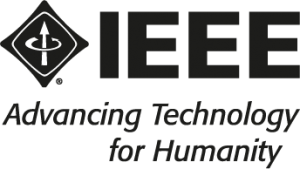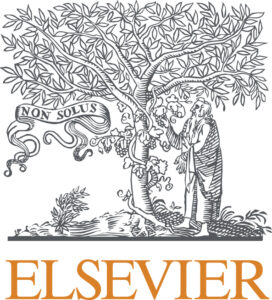About the Workshop
Objective: Identify best practices that contribute to (i) shape research and work environments where diversity and research excellence can thrive; (ii) promote the image of Automatic Control as a field in which talented students and researchers want to study, work and contribute to the field growth.
Expected outcomes: (i) Assess the present situation on diversity in the field of Automatic Control and current initiatives; (ii) identify bottlenecks in defining diverse study and research environment; (iii) information and best practices on how to reach a sustainable integration of diversity
Expected attendance: members from minority groups in academia interested in learning about existing initiatives and contributing with their experience. Industry representative interested in the initiatives that the academic world is implementing to increase the diversity in the field. Decision maker from academia (deans, department heads) interested in best practices to implement in their institutions.
The workshop is free of charge and is sponsored by IEEE Control System Society and NCCR – Automation.
Organizer’s contact information: Silvia Mastellone ([email protected]), Afef Fekih ([email protected]) and Dennice Gayme ([email protected])
Schedule: The schedule will consist of morning talks (described below) followed by a combination of breakout sections and interactive panels in the afternoon. Further details are provided in the outline.
Workshop/Session Outline: 2 half days, (8 hours)
D. Gayme, A. Fekih, S. Mastellone (1:00 PM-1:15 PM UTC): Introduction and goals of the workshop
A. Alleyne (1:15 PM-1:45 PM UTC): How to build and manage a diverse group
R. Murray (1:45 PM-2:15 PM UTC): Why is diversity important for research
S. Mastellone (2:15 PM-2:45 PM UTC): NCCR-Automation diversity strategy
M. Doyle-Kent (2:30 PM-3:00 PM UTC): IFAC and Diversity
Break – 15 min
Enabling diversity through leadership PANEL (3:15 PM-4:45 PM UTC):
(Moderator: D. Tilbury. Panelists: R. Murray, M. Egerstedt, A. Alleyne, D. Godbole)
- How to establish a diverse department/institution?
- Structural and organizational changes to enable scientists from diverse groups to advance
- Building a culture of awareness surrounding the benefits of increasing diversity and the barriers to achieving this goal
- Tools for effective leadership and communication
M. Egerstedt (1:00 PM-1:30 PM UTC): Assessment of the current gender situation in the field of control
S. Knorn (1:30 PM-2:00 PM UTC): Girls in Control: learning sessions in automatic con-trol. What have we learned?
Breakout sessions: (2:10 PM-3:25 PM UTC)
- How to promote and improve the image controls to attract a diverse audience to careers in controls. How to shape the image of controls as an environment in which talented students and researchers want to study and work (Facilitator: L. Bushnell)
- Effective mentoring: How to keep people in the pipeline. Impact of role models (Facilitator: B. Pasik-Duncan)
- Industry vs academia: Creating an environment where diversity and excellence can thrive in industry vs academia (what are the differences). (Facilitator: T. Samad)
Break – 15 min
Report from the breakout sessions, action plan, best practices (3:40 PM-5:00 PM UTC)
(Moderators: D. Gayme, A. Fekih, S. Mastellone, Panelists: L. Bushnell, B. Pasik-Duncan, and T. Samad)
- Meaningful initiatives to connect and multiply the effort
- Welcoming, climate, inclusiveness the unconscious bias
Speaker Bios
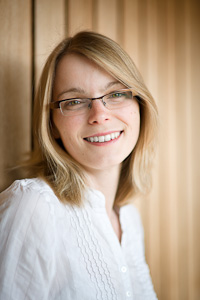
Dr. Steffi Knorn
Dr. Steffi Knorn received her Dipl.I-ng. in 2008 from the University of Magdeburg, Germany, and her Ph.D. from the Hamilton Institute at the National University of Ireland Maynooth, Ireland, in 2013. In 2013 she was a research academic at the Centre for Complex Dynamic Systems and Control at the University of Newcastle, Australia. Since 2014 she is with the Signals and Systems group at Uppsala University, Sweden. Dr. Knorn's research interests include stability analysis and controller design for marginally stable two-dimensional systems, port-Hamiltonian systems, string stability and scalability of vehicle platoons, distributed control, multi-sensor estimation, and energy harvesting and energy sharing in wireless networks.
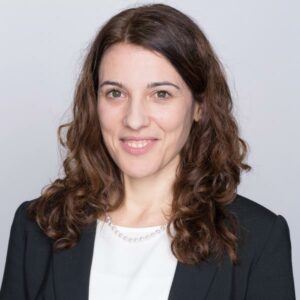
Dr. Silvia Mastellone
Dr. Silvia Mastellone holds a professorship in Systems and Control at the University of Applied Science Northwestern Switzerland. She obtained her PhD degree in Systems and Entrepreneurial Engineering from the University of Illinois at Urbana-Champaign in 2008. From 2008 to 2016 she was Principal Scientist at ABB Corporate Research Center in Switzerland, where she led research projects in the area of advanced control for energy systems. Her research interests include decentralized control and estimation and networked control systems, with applications in power conversion and energy systems. She is one of the principal investigators and the equal opportunity officer in the NCCR-Automation. She is a member of the IFAC Industry Executive Committee and a member of the advisory board for the multiutility IBB.
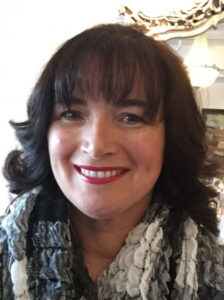
Dr. Mary Doyle-Kent
Dr. Mary Doyle-Kent received a degree in Production Engineering from the TUD, an MA in Mathematics from Trinity College Dublin, an MEng from DCU and a doctorate from the Technical University of Vienna (TUWien). She has worked as a Production/Manufacturing Engineer in the automotive, the toy and sunglasses industries in France and Waterford, Ireland. She has a keen interest in inclusion, diversity and equality in engineering, mentoring, engineering ethics, environmental design and effective communications skills. In 2019-2020 she was chair of Engineers Ireland South East Region, 2018-2019 Vice Chair, and from 2016-2018 Secretary. In 2019 she was nominated Chair of the International Federation Automatic Control Technical Committee 9.5 Working Group on Inclusion and Diversity.
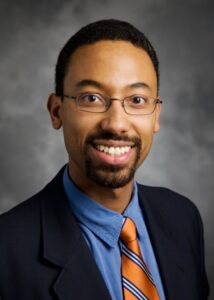
Dr. Andrew Alleyne
Dr. Andrew Alleyne received the B.S. in Mechanical and Aerospace from Princeton University in 1989, and the M.S. and Ph.D. degrees in Mechanical Engineering from the University of California at Berkeley in 1992 and 1994, respectively. He joined the Department of Mechanical and Industrial Engineering at the University of Illinois, Urbana-Champaign in 1994 and is also appointed in the Coordinated Science Laboratory of UIUC. He currently holds the Ralph M. and Catherine V. Fisher Professorship in the College of Engineering. He was awarded the ASME Dynamics Systems and Control Division’s Outstanding Young Investigator Award and was a Fulbright Fellow to the Netherlands where he held a Visiting Professorship in Vehicle Mechatronics at TU Delft. He is the recipient of the 2008 ASME Gustus L. Larson Memorial Award and is also a Fellow of ASME. He has been active in the ASME, the IEEE, and several other societies.
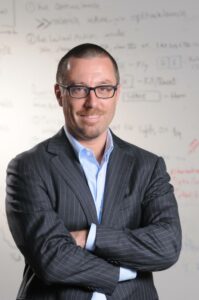
Dr. Magnus Egerstedt
Dr. Magnus Egerstedt is a robotics professor at the Georgia Institute of Technology, where he serves as school chair for the top-ranked School of Electrical and Computer Engineering. His research focuses on swarm robotics and on how to make large teams of robots – may they be in the air, on the ground, or even under water – come together to solve complex tasks. He is a pioneer in the area of distributed decision making and machine learning, and his most recent research venture involves the use of robots to help combat climate change through the SlothBot, which is a slow, energy-efficient, environmental monitoring robot deployed in the tree canopies. Dr. Egerstedt has won a number of research and teaching awards, he has authored over 500 scholarly articles, and his research is frequently featured in the popular media, including the Wall Street Journal, CNN, BBC, and NPR.
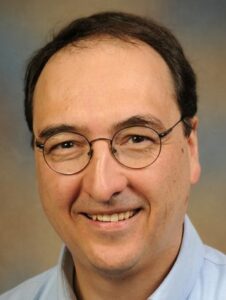
Dr. Richard Murray
Dr. Richard Murray received the B.S. degree in Electrical Engineering from California Institute of Technology in 1985 and the M.S. and Ph.D. degrees in Electrical Engineering and Computer Sciences from the University of California, Berkeley, in 1988 and 1991, respectively. He is currently the Thomas E. and Doris Everhart Professor of Control and Dynamical Systems and Bioengineering at Caltech. Murray's research is in the application of feedback and control to network systems with applications in biology and autonomy. Current projects include design of safety-critical control systems and synthetic biology.







